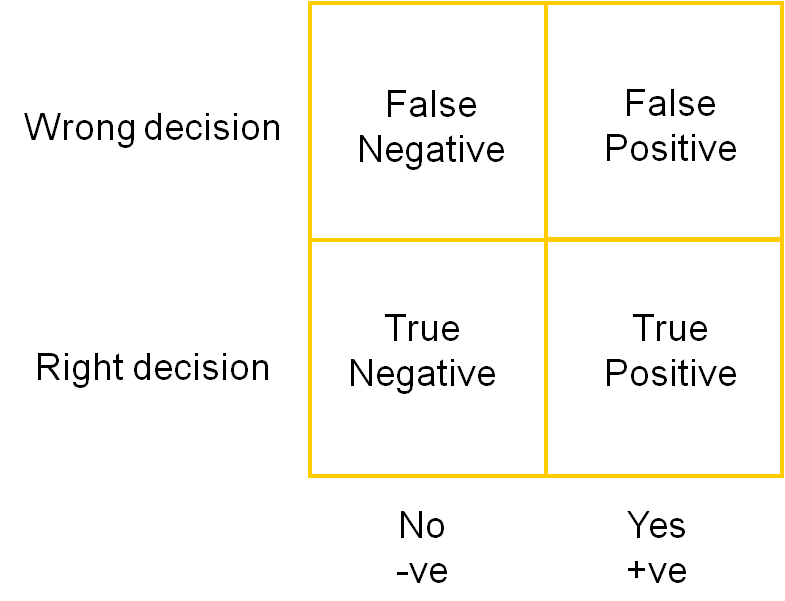You might be forgiven for thinking that traditional ‘economic development’ is the only game in town. Shopping centres, arenas and enterprise zones, vocational education and training producing a workforce to meet the needs of employers.
This kind of stuff has been the mainstream of economic development for as long as I can remember.
But there is another game that WE can play..
One which relies less on ‘attracting’ talent and wealth from outside and more on developing the passion, aspiration and skills of the people that already make up our communities. It works with what we have got, starting from where we are.
It relies on the ability of local people to support each other, with knowledge, skills, networks and wherever possible custom. Instead of looking to buy ‘star players’ to join the team we instead set up an academy, a place and a process in which we can explore our potential and find the people and other resources that we need to move our projects forward.
This is where Elsie comes in.
Leeds Community Enterprise Accelerator (Elsie) is a project designed to build the capacity of ordinary people in the Leeds community to shape their own future according to their own hopes and aspirations. It starts with what we have, and works with what we have got. The project needs you to get involved. It runs on a ‘pay what you like but free is fine policy’ so cost should not be a barrier to getting involved.
So, please, if you want to see another game in town when it comes to developing an economy that serves our community have a look at Elsie and get involved.
